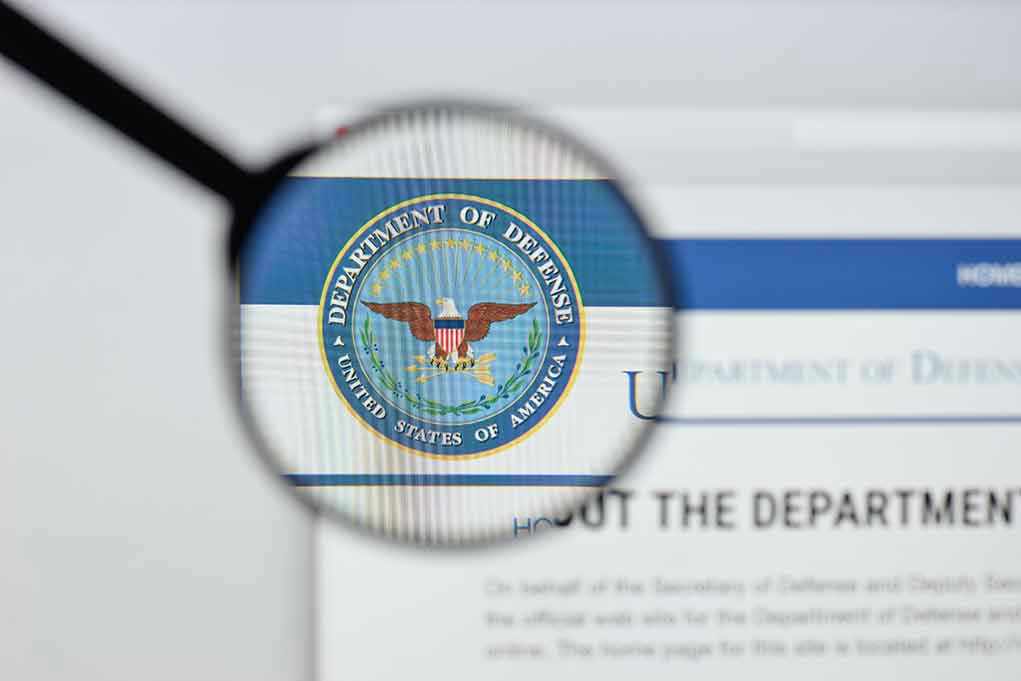
A bold proposal to rename the Department of Defense to the Department of War has ignited debate over America’s military identity and what it means for the nation’s strength and values.
Story Snapshot
- President Trump proposes reverting the Department of Defense to its historic name, the “Department of War,” citing a need for symbolism of strength and offense.
- The move is unprecedented in modern U.S. history and has sparked controversy regarding its implications for military policy and global perception.
- Legal and institutional hurdles remain, as congressional approval may be required to formalize the change.
- Experts highlight both the potential restoration of historical pride and the risk of damaging America’s diplomatic standing.
Trump’s Proposal to Restore a Historic Name
President Donald Trump publicly called for renaming the U.S. Department of Defense back to its original title, the “Department of War.” Trump argued that the current name is “too defensive” and does not reflect America’s history of military victories or its willingness to act decisively when necessary. He announced the proposal during high-profile Oval Office events, including a meeting with South Korean President Lee Jae Myung. Trump indicated the change could happen swiftly but later deferred to Defense Secretary Pete Hegseth for further review. The president’s rationale centers on projecting strength and returning the military to its historic roots, a message that resonates with many conservatives frustrated by what they see as years of weakening American resolve.
The proposal immediately drew national attention, as no modern precedent exists for renaming the Department of Defense. The only comparable event occurred after World War II, when the National Security Act of 1947 reorganized the military and consolidated the Army, Navy, and Air Force under the newly created Department of Defense. That historic renaming was finalized in 1949 as part of sweeping postwar restructuring, intended to modernize and unify U.S. military forces for a new era of global challenges. Trump’s proposed reversal is thus not just a bureaucratic change but a symbolic shift that could redefine how America views its military posture—potentially moving from a primarily defensive stance to one that openly embraces the possibility of offensive action when required.
Stakeholders and the Path to Change
Key individuals in this unfolding story include President Trump, Defense Secretary Pete Hegseth, and the U.S. Congress. Trump has tasked Hegseth with considering and potentially implementing the change, but legal experts and historians note that Congress holds legislative authority over federal agency names. While Trump claims congressional approval may not be necessary, historical precedent suggests otherwise, as the original 1949 renaming required congressional action. Department of Defense leadership and personnel would be directly affected by any rebranding, both symbolically and logistically. Meanwhile, foreign governments—both allies and adversaries—are closely watching for signs of a shift in America’s military posture, which could alter international relations and global perceptions of U.S. policy.
The current status of the proposal is one of deliberation. Trump has delegated further review to Secretary Hegseth, and no formal executive order or congressional action has been reported as of August 26, 2025. The process will likely require navigating complex legal and institutional hurdles before any official change can be enacted. In the meantime, the debate itself serves as a flashpoint for broader tensions over America’s military identity and the direction of its global strategy.
Potential Implications for America and Beyond
If enacted, the renaming could have both immediate and long-term consequences. In the short term, rebranding would incur administrative costs, require updates to official documents and communications, and generate public and political debate about the symbolism and intent of the change. Over the long term, the shift from a “defense” to a “war” posture could fundamentally alter the way the U.S. military is perceived—by its own personnel, American citizens, and the world. Supporters argue that restoring the Department of War would embody historical pride and reaffirm America’s willingness to act decisively in the face of threats. Critics, however, warn that the move could undermine diplomatic efforts, reinforce perceptions of American militarism, and create new challenges for international alliances.
Trump floats renaming DOD to ‘stronger’ Department of War https://t.co/An7dX1gtDO
— One America News (@OANN) August 25, 2025
Expert analysis underscores the complexity of the issue. Military historians point out that the original name reflected an era focused on warfighting, not deterrence, while policy analysts caution that the change could signal a more aggressive American posture. Legal scholars highlight that congressional approval may be necessary, adding another layer of complexity to the decision-making process. As of now, no evidence exists of formal support from military leadership or Congress, and the proposal remains under consideration. What is clear is that the debate over the Department’s name is about more than words—it represents a struggle over America’s values, its approach to national security, and its role on the world stage.
Sources:
Trump floats renaming Defense Department to ‘Department of War’
Trump, Hegseth float renaming Defense Department to Department of War
Department of Defense to be renamed ‘Department of War’ within week, Trump says
Trump, Hegseth float renaming Defense Department to Department of War











